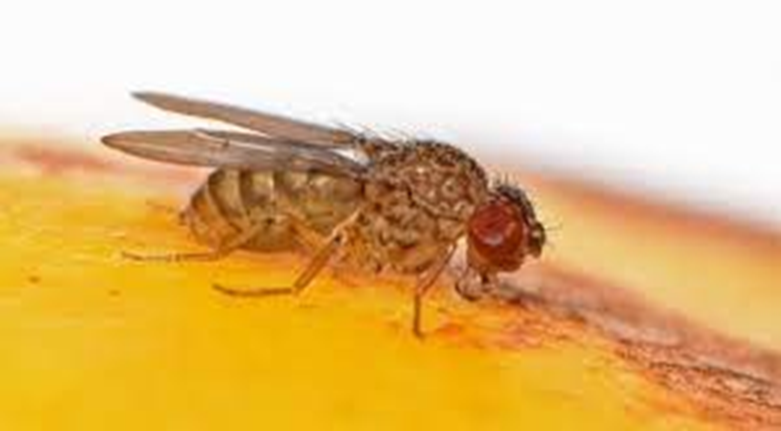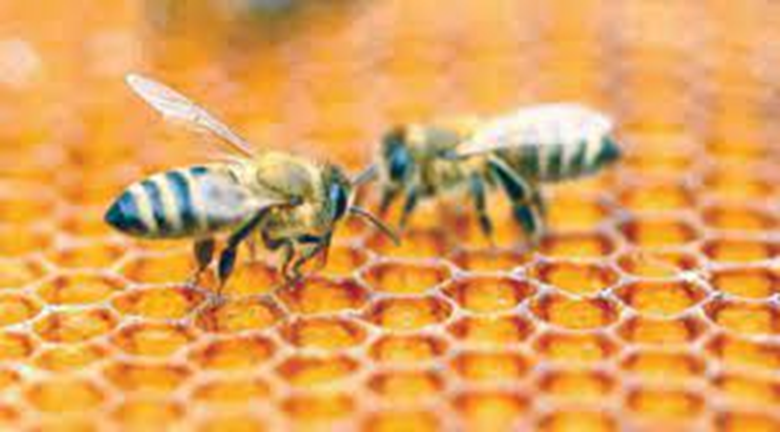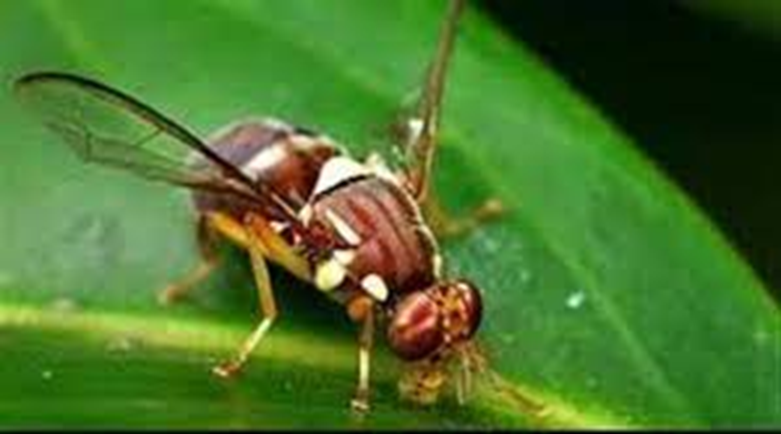Researchers develop a type of fly that reproduces through parthenogenesis, without the need for males

In the techno segment: Researchers develop a type of fly that reproduces without the need for males. A simultaneous translation screen is tested at a train station in Japan to break the language barrier with tourists. The United Kingdom launches its first drone delivery service on a remote island.
In their six-year research, scientists used more than 220,000 flies. "We are the first to show that you can engineer a virgin birth that occurs in the animal world," said Alexis Sperling, a researcher at the University of Cambridge and first author of the study.
He continued, "It was very exciting to see a virgin fly give birth to an embryo capable of developing into adulthood, and then repeat the process again."
The researchers first studied a species of fruit fly called Drosophila mercatorum, testing its ability to reproduce through virgin births, or parthenogenesis.

By sequencing the fly's genome, and identifying the gene responsible for parthenogenesis, the researchers were able to identify the corresponding gene in another species of fruit fly, Drosophila melanogaster, and modify that gene to activate it.
The team found that female flies that had been genetically manipulated usually wait about 40 days if a male is found to breed before giving birth to a virgin instead.
The offspring of these transgenic flies were able to reproduce either through mating with males or through virgin births.
Sperling said that switching to virgin birth can be very beneficial to the species and serve as a reproductive support for isolated females, but she cautioned that there are also some negatives, as (virgin births) may reduce the ability of species to adapt to environmental pressures.

Sperling added that while the new research found a way to "trigger" virgin birth in fruit flies, this approach is unlikely to work in mammals, because mammals need both the paternal and maternal genomes, while the paternal genome is dispensable in species that can. to undergo a "virgin birth".
She revealed that the success of the work in fruit flies is due in part to the insects' long use in research, which means their genes are well.
For her part, researcher Hannah Maude of Imperial College London, who was not involved in the study, said the findings were unlikely to apply to humans.
"Our diversity protects us. Having two copies of our DNA not only provides a backup copy for harmful DNA variants (which are in everyone), but is necessary for the so-called imprinted regions that are specifically active from the maternal or paternal DNA copy," she added.
"However, this exciting research advances our understanding of reproduction in the animal kingdom," she concluded.
Source: websites

